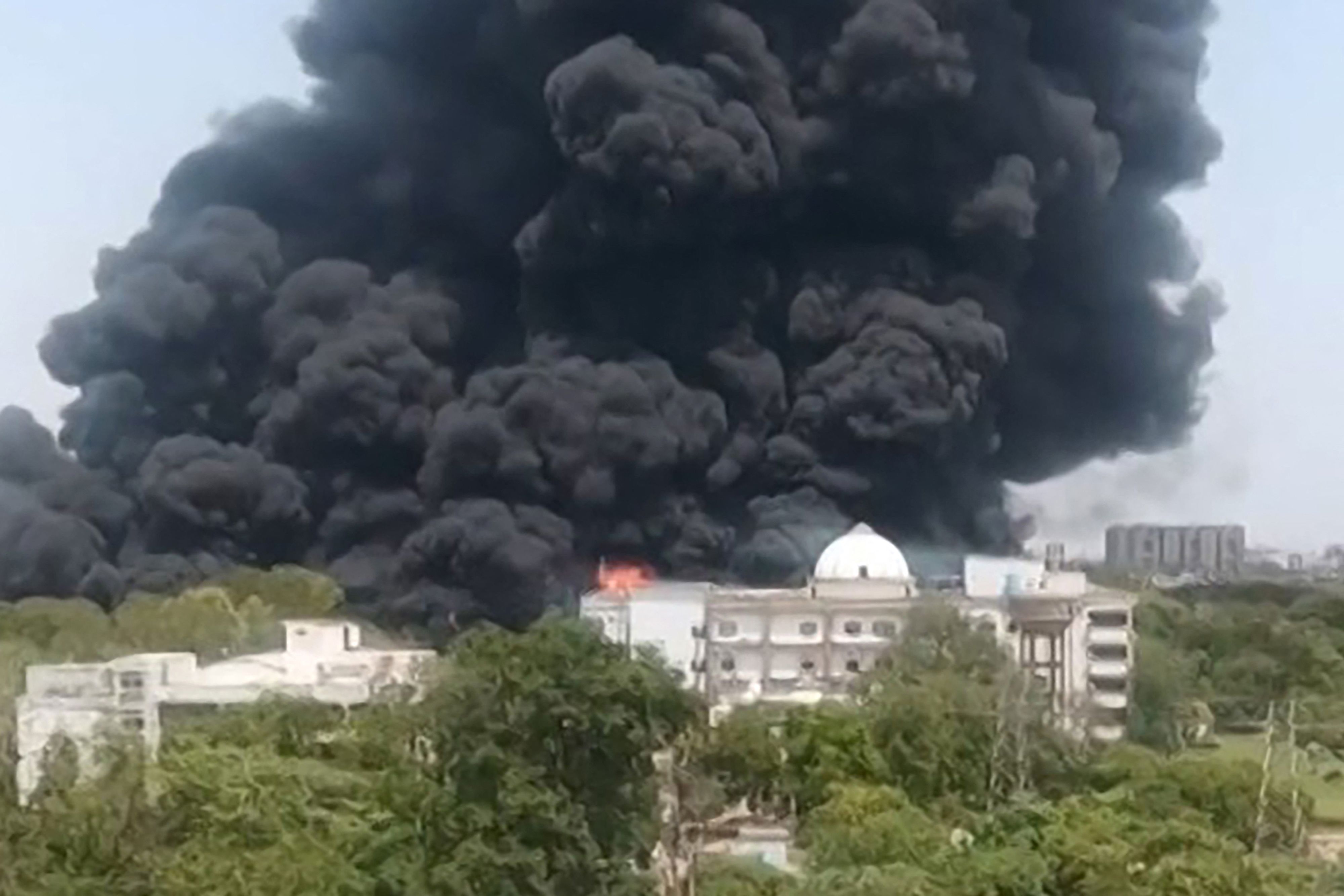Small parties and election
The 86 political parties that are registered with the Election Commission but which have not been given election symbols by the Election Commission have been protesting what they say is an ‘undemocratic’ practice. We agree. According to the recently amended existing electoral laws, only the political parties that are represented in parliament (and there are currently 27 of them) will get fixed electoral symbols.
The candidates for the small outfits outside the parliament will have to fight as ‘independents’, with different election symbols even for candidates of the same party.
Fuel to Air India jet engines cut off moments before crash: pro...

Preventing confusion among voters was the purported goal of the amendment of electoral laws to this effect. But this is not a credible explanation. It is hard to see how limiting the number of political parties with electoral symbols that will appear in ballot papers will aid voter comprehension. The ballot paper will still be full of election symbols for indepen ent candidates, besides the 27 symbols for political parties in parliament. A more credible explanation is that the parliamentary parties amended electoral laws in order to limit the playing field and thus to increase their electoral prospects.
There can be no justification for such special treatment of some political parties. The small parties are already disadvantaged in terms of their limited campaign budgets and lack of name recognition. To deprive them of the right to a unique election symbol is to place them at a double disadvantage. As it is, Nepalis are not used to voting for independents (only two of the 601 elected members in 2013 CA elections were independents). But if some of them want to vote for a candidate from one of the smaller parties, these voters could be confused as the same party can have different symbols in different places. This is unfair on the small parties. But having amended the electoral laws, and after the
Election Commission has printed nearly half of all ballot papers for the May 14 local election, what can be done now? It will be impossible to hold the election on May 14 if the ballot papers have to be printed all over again. Thus as desirable as it is to accommodate small parties in ballot papers, it won’t be wise to defer election for this (or any other) reason. If local election is now deferred, it won’t be possible to hold all three sets of elections before the mandatory January 2018 constitutional deadline.
So the prudent option would be to hold the local election under the status quo but then to once again amend electoral laws to allow all registered parties to contest provincial and
federal elections with fixed symbols. Again, grave injustice has been done to small parties ahead of the May election. Democracy is not the rule of the rich and powerful. It is rule by people’s chosen representatives, the representa- tives who can come from any social and economic background. The sooner this anomaly in our election laws is corrected, the better it will be for the health of Nepali democracy.


































